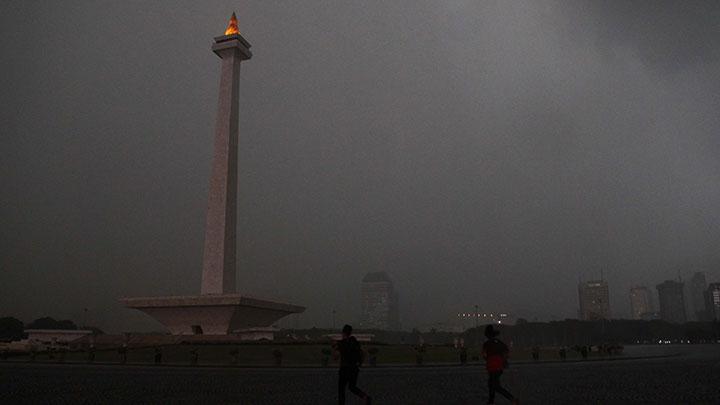TEMPO.CO, Jakarta - The air in Jakarta is not in good condition. This is the statement from Jakarta government officials. At least, unlike many other cases, these officials are not turning a blind eye to the facts before them. The Jakarta government is indeed the only party that did not appeal when the courts sentenced many government agencies for neglecting to control air pollution. Unlike, for example, the Ministry of Environment and Forestry.
But mere awareness is not enough. It is the government’s constitutional duty to provide a comfortable environment, including preventing air pollution that is harmful to human health. The government must have a strategy to address it. Moreover, this is not the first time that Jakarta has become famous worldwide as the most polluted city.
To open the eyes of Indonesian officials, in this edition, we report on hospitals that have seen a surge in patients with acute respiratory infections (ARI). During the first half of this year, there were 13 times more cases of ARI patients compared to the Covid-19 pandemic period.
We also examined why air pollution always worsens during the dry season. We visited industries, reporting on activities in North Jakarta, which is a center for factories and coal-fired power plants. The issue of pollution has been ongoing for almost 20 years, starting when the government began the Car Free Day program in 2007.
We interviewed the acting Governor of Jakarta about his strategy to clean up the capital city’s air. He offers the option of working from home and switching to electric vehicles. According to the data he has, the source of pollution is motor vehicles. Lately, there has been a requirement for industries to install scrubbers, pollutant filters. Are they effective?
Why are the solutions temporary and partial? Happy reading. For those of you living in Jakarta and its surrounding areas, it is best to stay at home. If you must go out, remember to wear a mask.
There are many interesting articles in this edition, such as a report on the alleged corruption at state-owned gas company PGN, and the trade of firearms to finance terrorism.
Have a great week.
Bagja Hidayat
Executive Editor
Energy Transition to Beat Pollution
Reducing air pollution needs a persistent energy transition policy. We could learn from China and Japan.
Terror Acts of Dananjaya
The arrest of a terrorism suspect reveals the involvement of the police in the illegal arms trade. This should be thoroughly investigated.
Food Estate Environmental Crimes



















